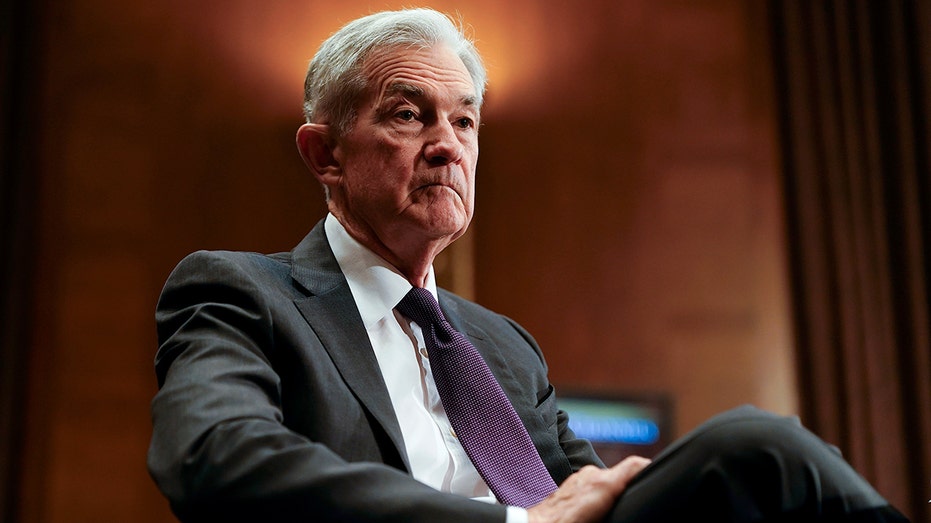A member of the Federal Reserve panel that makes decisions about monetary policy said that he favors keeping interest rates at their current level to prevent strong levels of economic activity spurring a resurgence of inflation.
Federal Reserve Bank of Kansas City President Jeffrey Schmid said that, in his view of the economy, growth is solid and inflation is still elevated relative to the Fed’s 2% target – so monetary policy should remain modestly restrictive.
“While monetary policy might currently be restrictive, it is not very restrictive. Given recent price pressures, a modestly restrictive stance is exactly where we want to be,” he said.
Schmid said that the Fed is “as close to meeting our dual mandate objectives of price stability and full employment as we have been for quite some time,” adding that it “suggests to me that the stance of monetary policy is not far from neutral… With stock prices near record highs and bond spreads near record lows, I see little evidence of a highly restrictive monetary policy.”
FED GOVERNOR MAINTAINS OUTLOOK FOR THREE INTEREST RATE CUTS IN 2025
The Fed has held its benchmark federal funds rate at a range of 4.25% to 4.5% at all five of its meetings this year with inflation above the central bank’s goal and uncertainty over how tariffs will impact consumer prices.
The latest inflation from the consumer price index (CPI) was 2.7% in July, while the Fed’s preferred personal consumption expenditures (PCE) index was at 2.6% in June.
INFLATION COOLS SLIGHTLY IN JULY FROM PRIOR MONTH
Schmid said that he is “anticipating a relatively muted effect of tariffs on inflation, but I view that as a sign that policy is appropriately calibrated rather than a sign that the policy rate should be cut.”
“Importantly, I would not characterize my view on tariffs and inflation as ‘wait-and-see.’ As I’ve said earlier this summer, I am not confident that we will ever be able to identify the exact (or even general) contribution of tariffs to inflation, given the complexity of the problem,” he said.

Schmid said that the complexity of determining how tariff costs are borne between foreign exporters, U.S.-based importers, firms in the domestic supply chain, retailers and ultimately consumers makes it unlikely there will be clarity in the near-term. He added that he doesn’t think it’s worthwhile to distinguish between inflation and tariff costs.
TRUMP ADMINISTRATION OFFICIAL SAYS WALL STREET TARIFF INFLATION FEARS LIKE ‘WAITING FOR GODOT’
“I see no possibility that we will know the effect of the tariffs on prices, either as a one-off shock to the price level or a persistent inflation impetus, over the next few months. Also, I promise that you will not hear me talking about inflation excluding tariffs, which I think is neither a meaningful nor a measurable concept,” he said.
Schmid is one of the 12 members of the Federal Open Market Committee (FOMC), which makes decisions about the Fed’s monetary policy moves and will next vote on rate cuts at its mid-September meeting.
At the Fed’s last meeting, Governors Michelle Bowman and Christopher Waller dissented from the decision to hold rates steady, arguing that a 25-basis-point cut would be appropriate to head off weakness in the labor market. It was the first dissent by two FOMC members in favor of rate cuts since 1993. Despite their dissent, the FOMC voted 9-2 to leave rates unchanged, with one member absent.
Read the full article here
